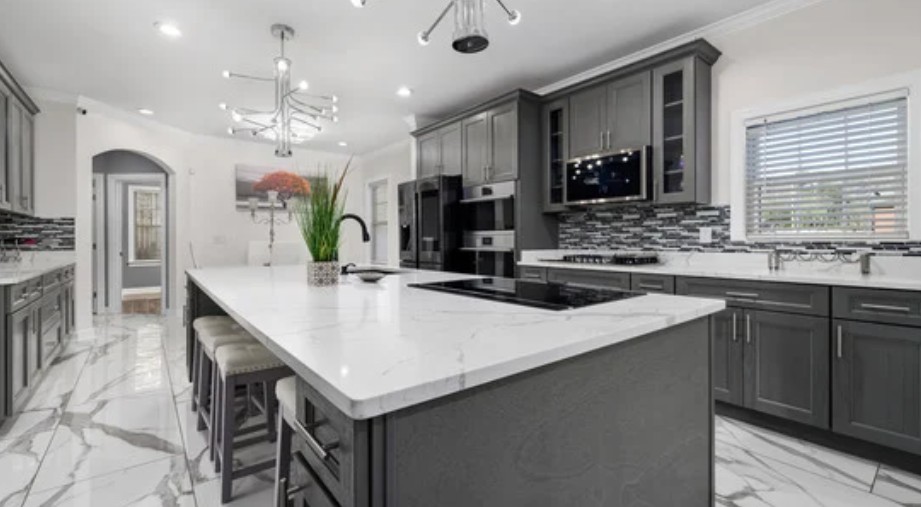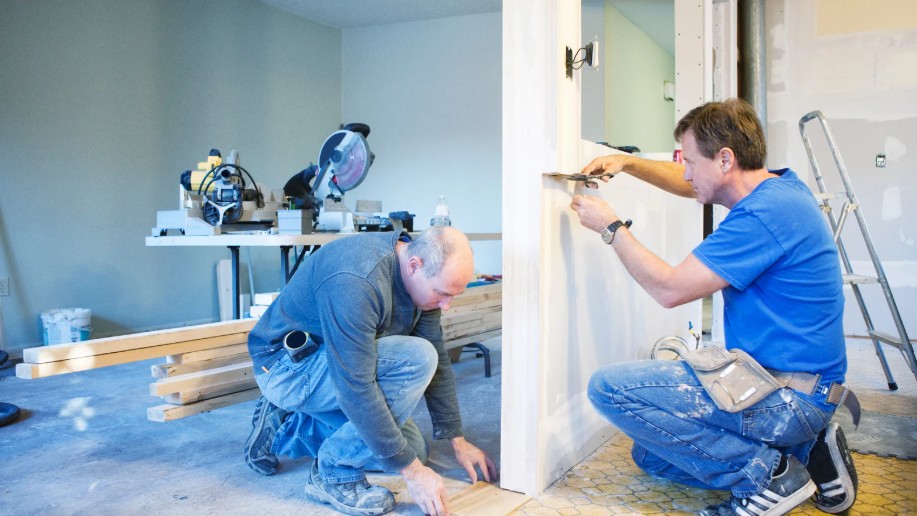How Do Recent Renovations Impact a Home’s Selling Price?
When it comes to selling a property, one of the most common questions homeowners ask is: Will renovations actually boost my home’s value? Renovations are often seen as a strategic move before putting a home on the market, but their impact can vary depending on several factors.
From updated kitchens to energy-efficient upgrades, the type and quality of the renovation can make a significant difference in the final selling price.
So, how do recent renovations affect the resale value, and what should homeowners consider before investing?
What Types of Renovations Typically Add the Most Value?

Not all renovations are created equal. Some improvements are more likely to provide a solid return on investment than others.
The most value-adding renovations tend to focus on functionality, curb appeal, and modernisation.
Here are a few high-impact areas:
- Kitchens: A well-renovated kitchen can be a major selling point. Updated appliances, modern cabinetry, and efficient layouts often appeal to buyers.
- Bathrooms: Clean, fresh bathrooms with modern fittings and energy-saving fixtures can significantly influence buyer perception.
- Energy Efficiency: Double-glazed windows, upgraded insulation, and energy-efficient boilers not only attract eco-conscious buyers but also reduce future utility costs.
- Open Plan Living Spaces: Combining living, dining, and kitchen areas into a single open space can make a home feel larger and more inviting.
- Loft Conversions or Extensions: Adding square footage to a home almost always increases its market value, especially in urban areas where space is limited.
How Much Can Renovations Increase a Home’s Value?
The increase in value depends on the quality and scale of the renovation, as well as local market trends. On average:
| Renovation Type | Estimated Value Increase |
| Kitchen Renovation | 5% to 10% |
| Bathroom Update | 3% to 5% |
| Loft Conversion | 10% to 20% |
| Energy Efficiency Upgrades | 3% to 10% |
| Full Interior Refurbishment | 10% to 15% |
For instance, a home valued at £300,000 could see its value rise by £30,000 to £60,000 after a well-executed loft conversion.
However, spending £20,000 on an extravagant kitchen in a modest home might not yield a proportional return. Renovations should always be in line with the area and target buyer expectations.
Can Renovations Help Sell a Home Faster?
Yes. Renovated homes tend to attract more interest and spend less time on the market. Buyers are often willing to pay a premium for a move-in-ready property.
A fresh coat of paint, modern lighting, and minor cosmetic upgrades can make a home feel newer, cleaner, and more appealing.
Renovations also reduce the negotiation margin, as buyers are less likely to request price reductions for work they anticipate doing themselves.
What Should Homeowners Be Cautious About?
While the right upgrades can increase value, overcapitalising is a risk. This happens when the cost of renovation exceeds the potential increase in value.
A £50,000 extension in a neighbourhood where house prices cap at £250,000 may not be recoverable.
Additionally, personalisation can be a drawback. Bold design choices or overly specific materials may not appeal to all buyers. It’s often safer to stick with neutral palettes and timeless finishes.
It’s also essential to comply with local planning permissions and building regulations, especially for structural changes or extensions.
What’s the Best Strategy Before Selling?

Before committing to any renovation, homeowners should:
- Evaluate the Local Market: Check recent sales in the neighbourhood to understand what features and finishes are standard for similar properties.
- Consult Estate Agents: Local agents can provide advice on what buyers in your area are looking for.
- Focus on Cost-Effective Improvements: Small changes such as repainting walls, updating light fixtures, and tidying outdoor spaces can provide a good return without significant investment.
- Balance Renovation Costs With Expected ROI: Always weigh the cost of renovation against the estimated price increase.
To better understand how home upgrades are influencing UK property prices and trends, homeowners can visit www.ukpropertymarketnews.co.uk for regular insights and market updates.
Conclusion
Renovating a property before selling can be a smart move when done thoughtfully. Strategic upgrades like kitchen improvements, energy efficiency, and added space can significantly enhance a home’s appeal and boost its market value.
However, homeowners must balance costs with potential returns and avoid overpersonalising features.
By focusing on buyer expectations and local trends, sellers can maximise their profit and attract serious interest.…
